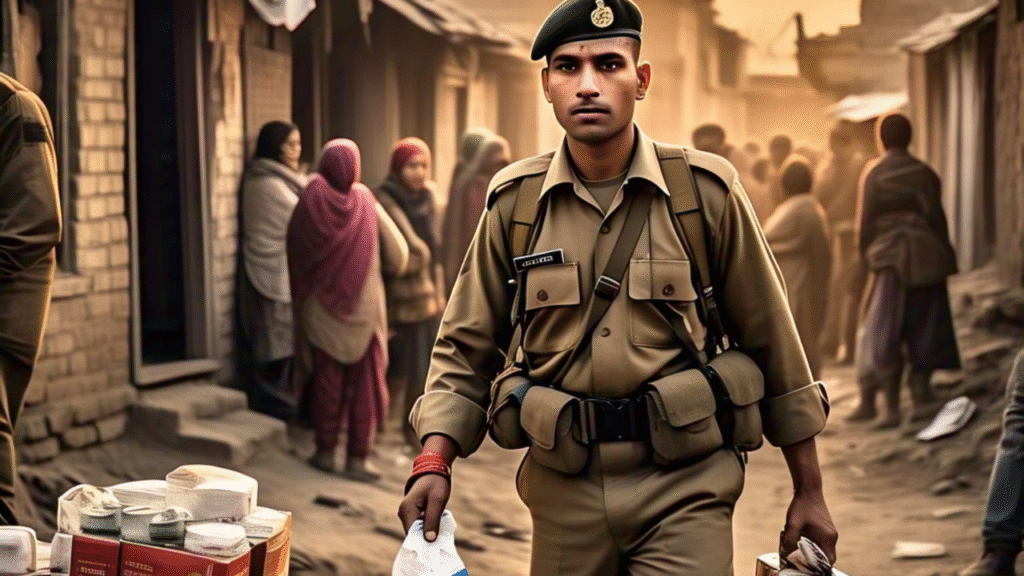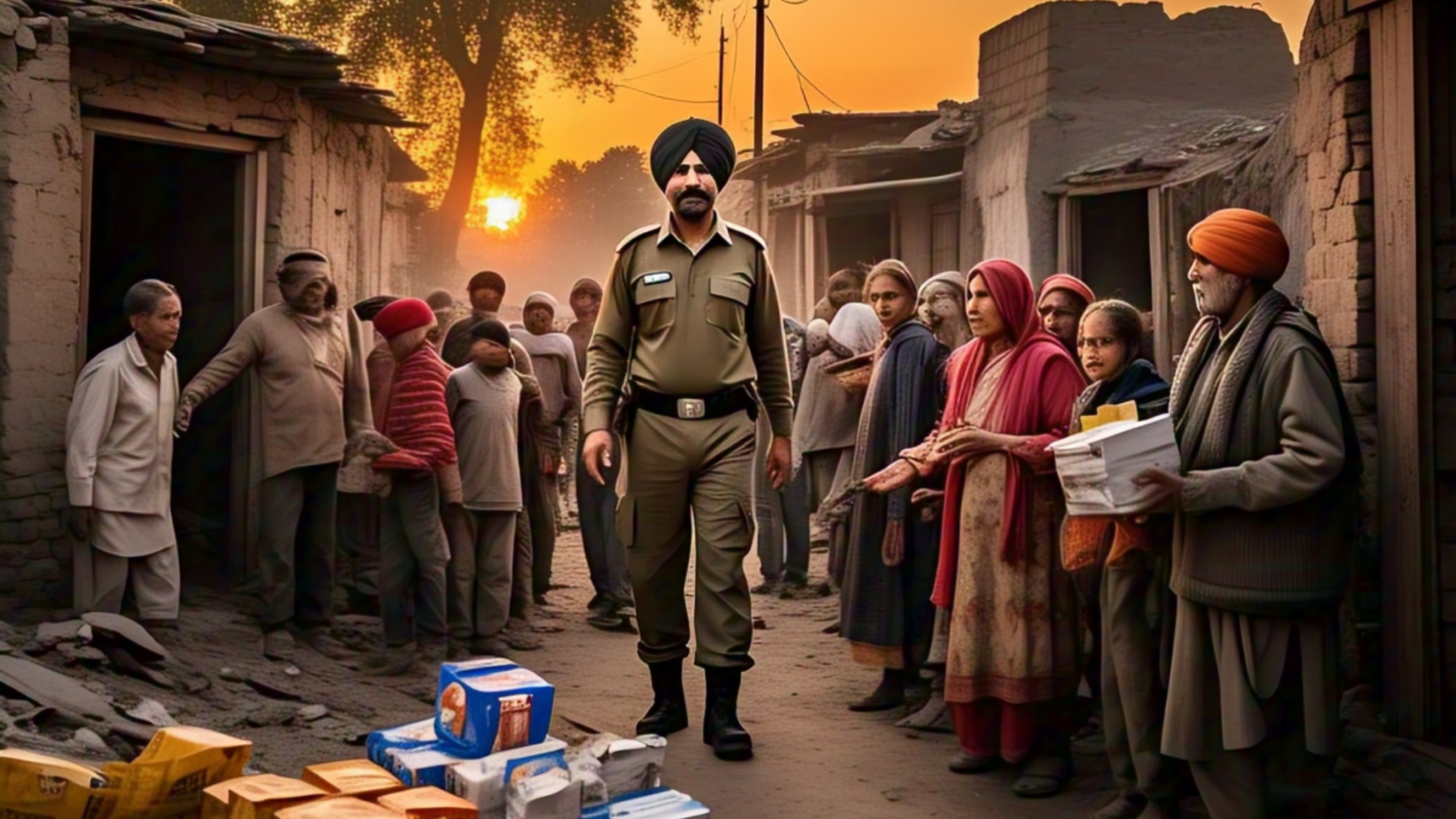Indian Army Poonch Aid has become a lifeline for residents reeling from intense Pakistani shelling along the Line of Control (LoC) in Jammu and Kashmir’s Poonch district. On May 15, 2025, the Army’s Romeo Force launched a door-to-door assistance drive, delivering medicines, rations, and hope to communities devastated by cross-border hostilities that began on May 7. Triggered by India’s Operation Sindoor—a retaliatory strike on terror camps following the April 22 Pahalgam attack that killed 26—the shelling claimed at least 15 civilian lives, including four children, and injured 43, leaving homes, schools, and lives in ruins. Amid this chaos, the Army’s humanitarian efforts shine as a beacon of resilience and compassion.

The shelling’s toll was brutal. In Poonch’s Mankote, Krishna Ghati, and Mendhar areas, mortar shells shattered houses, with one striking a home near Christ School, killing two students and injuring their parents. Mohammad Asif, a local from Dhaki village, saw his home reduced to rubble on May 9, forcing him to seek shelter with neighbors. “There’s no scope to live in our house now,” Asif told ANI, his voice heavy but grateful. With scarce resources and fear gripping the community, the Army stepped in, distributing essentials and checking on families. “They told us to share any problems,” Asif said, praising the jawans who, despite being away from their own families, fought on the frontlines and aided civilians.
The Romeo Force’s outreach, detailed in Rising Kashmir, went beyond supplies. Jawans engaged with residents, offering reassurance in a war-like atmosphere. One local shared, “We stayed because of the Army. They’re fighting for us, and it’s because of them we’re alive.” This sentiment, echoed across Poonch, underscores the Army’s dual role as protectors and caregivers. The shelling, described as the worst since the 1971 war by The Indian Express, damaged a gurdwara, a convent, and dozens of homes, with four Sikh community members among the deceased. Yet, the Army’s presence gave residents courage to endure, even as schools closed and airports like Srinagar shut down.
Indian Army Poonch Aid reflects a broader commitment to civilian welfare amid conflict. The operation, reported by The Times of India, followed a ceasefire agreement on May 10, brokered after Pakistan’s DGMO contacted India. While tensions eased, the destruction lingered—42 injured in Poonch alone, per The Hindu. The Army’s efforts mirror past initiatives, like medical camps in Akhnoor, showing a consistent humanitarian streak. X posts, like those from @DDNewslive, lauded the jawans’ “selfless service,” though some users, like @jpsin1, noted the need for permanent bunkers, highlighting gaps in infrastructure.
The crisis exposed vulnerabilities. Only 30% of promised community bunkers are complete, per The Economic Times, leaving families like Asif’s to hide in basements. Chief Minister Omar Abdullah announced Rs. 10 lakh ex-gratia for victims’ kin, but residents like Shakeela Bano from Mendhar, quoted in Deccan Herald, pleaded for safer shelters. The Army’s aid, while critical, can’t fully mend the scars of a conflict that killed a Muslim cleric, a government official, and children aged 7-14, as News18 reported. Still, their presence restored hope, proving that humanity can thrive even in war’s shadow.
Indian Army Poonch Aid: A Lasting Impact
Indian Army Poonch Aid is more than relief—it’s a symbol of solidarity. Like their response during the 2019 Pulwama crisis, the Army’s actions in Poonch show a commitment to protecting lives beyond the battlefield. As India navigates tensions post-Operation Sindoor, with 3,323 km of border to secure, per Deccan Herald, the jawans’ door-to-door visits offer a model of compassion. Their work, alongside calls for better bunkers and rehabilitation, urges policymakers to prioritize border communities, ensuring safety and dignity for those caught in conflict’s crosshairs.
Conclusion
Indian Army Poonch Aid has brought relief and resilience to Poonch’s shelling-hit residents. From delivering rations to comforting families like Mohammad Asif’s, the Romeo Force’s efforts highlight the Army’s role as both warriors and healers. As Poonch rebuilds, this story of courage and care inspires a nation, proving that even in the darkest times, humanity and duty shine through, forging bonds that no shell can break.

